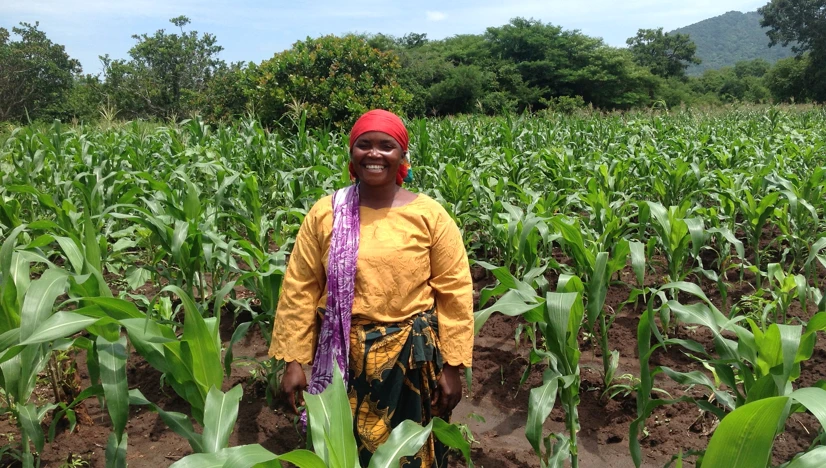Food and the Struggle for Africa’s Sovereignty
Post-Colonialisms Today: postcolonialisms.regionsrefocus.org, 2021
In this article, Jihen Chandoul discusses the importance of food sovereignty in Africa, reflecting on the continent’s early post independence movements for self sufficiency. The onset of the COVID-19 pandemic devastated Africa’s food supply chains through the closure of land, air, and sea borders. Africa’s agricultural system has become fragile over time due to colonial processes and the neoliberal trade regime, fostering a heavy reliance on monoculture cash crops and primary commodity exports. The volatile prices of their low value exports forced African economies to rely on predatory World Bank and International Monetary Fund loans; these loans are often conditional on things like reductions of agricultural subsidies. While the fight for food self sufficiency was halted by structural adjustment policies that rebranded food dependency as “food security,” it’s still important to reflect on this project by post independence African leaders for guidance on implementing food self sufficiency today as African food chains are destabilized through the pandemic.
Comment from our editors:
This article is part of the "Reclaiming Africa’s Early Post-Independence History" series at Africa is a Country.

